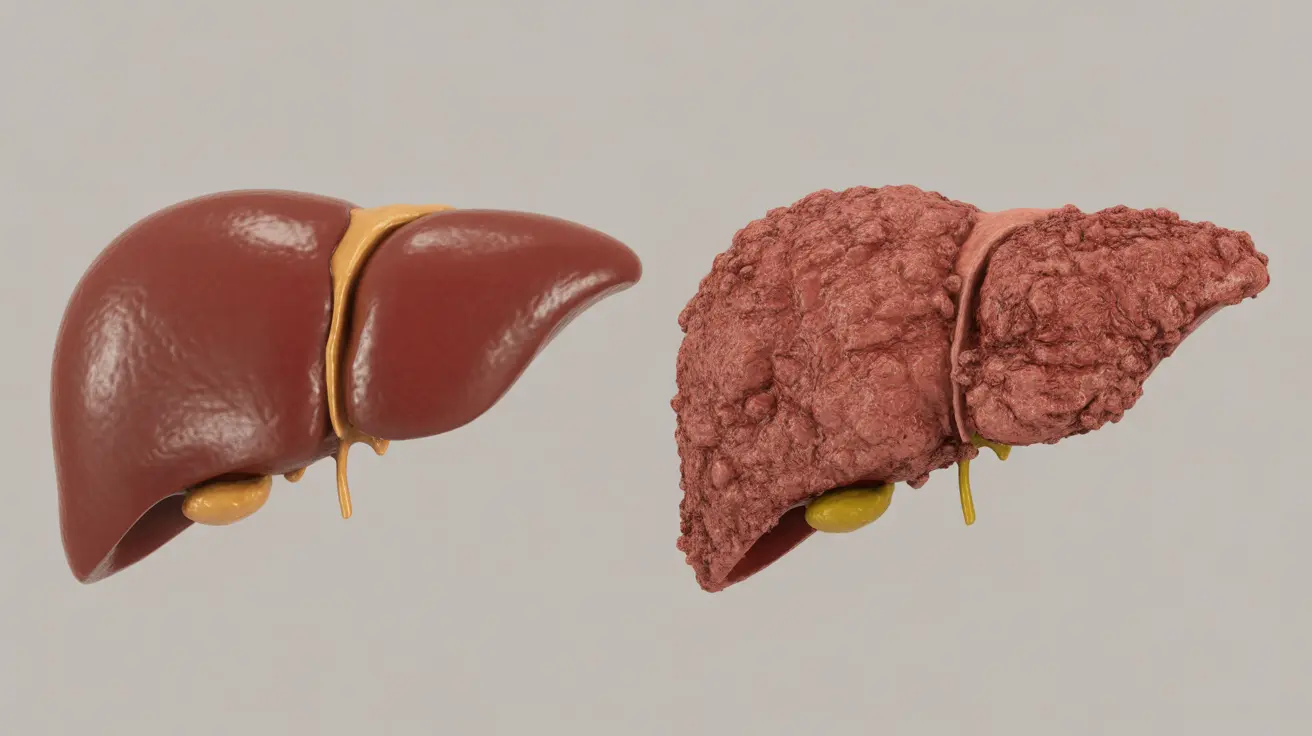Liver cirrhosis is a serious condition characterized by scarring of liver tissue, but many people wonder about the possibility of reversal. Understanding whether cirrhosis can be reversed requires examining the nature of liver damage, available treatments, and factors that influence recovery potential.
While complete reversal of cirrhosis may not always be possible, there are various treatment approaches and lifestyle modifications that can help manage the condition and, in some cases, improve liver function. The key lies in early intervention and addressing the underlying cause of liver damage.
Understanding Liver Cirrhosis and Its Progression
Cirrhosis develops when healthy liver tissue is replaced by scar tissue, typically as a result of long-term liver damage. This scarring can be caused by various factors, including:
- Chronic alcohol consumption
- Viral hepatitis
- Nonalcoholic fatty liver disease (NAFLD)
- Autoimmune conditions
- Certain medications
The extent of potential recovery largely depends on the stage of cirrhosis and how quickly intervention begins. Early-stage cirrhosis typically has better outcomes than advanced cases.
Treatment Options for Liver Cirrhosis
Addressing the Underlying Cause
The first step in treating cirrhosis is identifying and addressing its root cause. This might involve:
- Stopping alcohol consumption
- Treating viral hepatitis
- Managing diabetes and obesity
- Adjusting medications
- Controlling autoimmune conditions
Medical Interventions
Various medical treatments can help manage cirrhosis and its complications. These may include:
- Medications to control portal hypertension
- Diuretics to manage fluid retention
- Beta-blockers to prevent bleeding
- Antiviral medications for hepatitis
- Nutritional supplements
Lifestyle Changes for Managing Cirrhosis
Implementing healthy lifestyle changes is crucial for managing cirrhosis and preventing further liver damage:
- Maintaining a balanced, liver-friendly diet
- Avoiding alcohol completely
- Regular exercise within physical limitations
- Getting adequate rest
- Avoiding potentially harmful medications
The Role of Liver Transplantation
In cases of advanced cirrhosis where other treatments are insufficient, liver transplantation may be necessary. This option is typically reserved for patients with end-stage liver disease who meet specific criteria and have no contraindications to transplantation.
Frequently Asked Questions
Can liver cirrhosis be completely reversed with treatment?
Complete reversal of cirrhosis depends on the stage and cause. Early-stage cirrhosis may show significant improvement with appropriate treatment, but advanced scarring is generally permanent. However, proper treatment can help prevent further damage and improve liver function.
What are the most effective ways to manage and treat cirrhosis of the liver?
The most effective management strategies include eliminating the underlying cause (such as stopping alcohol consumption), following a healthy diet, taking prescribed medications, regular medical monitoring, and making appropriate lifestyle changes. Treatment effectiveness varies based on individual circumstances and disease progression.
How does stopping alcohol consumption affect the progression of alcohol-related cirrhosis?
Ceasing alcohol consumption is crucial for patients with alcohol-related cirrhosis. It can significantly slow or stop disease progression, reduce complications, and improve survival rates. Even in advanced cases, abstaining from alcohol remains essential for better outcomes.
What lifestyle changes can help prevent cirrhosis or slow down its progression?
Key lifestyle changes include maintaining a healthy weight, following a balanced diet, avoiding alcohol, exercising regularly, and protecting against viral hepatitis through vaccination and safe practices. Regular medical check-ups can also help monitor liver health.
Is a liver transplant the only option for advanced cirrhosis, or are there alternative treatments?
While liver transplantation may be necessary for advanced cirrhosis, it's not the only option. Many patients can be managed with medications, lifestyle modifications, and careful monitoring. The choice of treatment depends on the severity of cirrhosis, overall health status, and response to other treatments.




